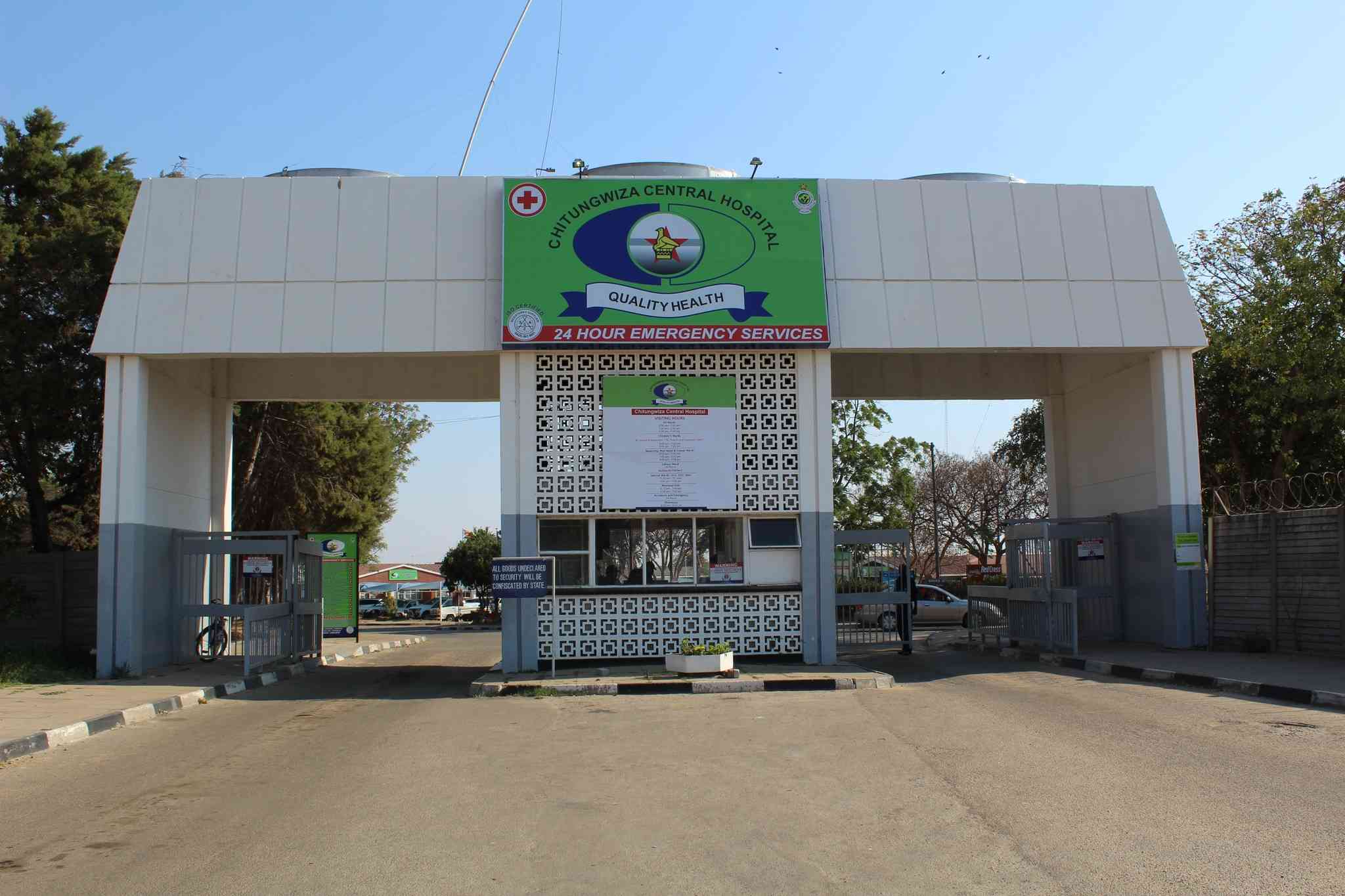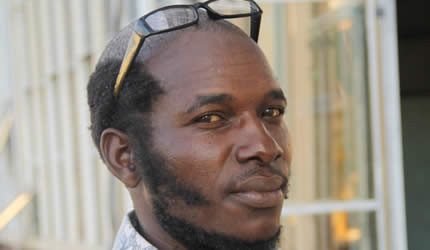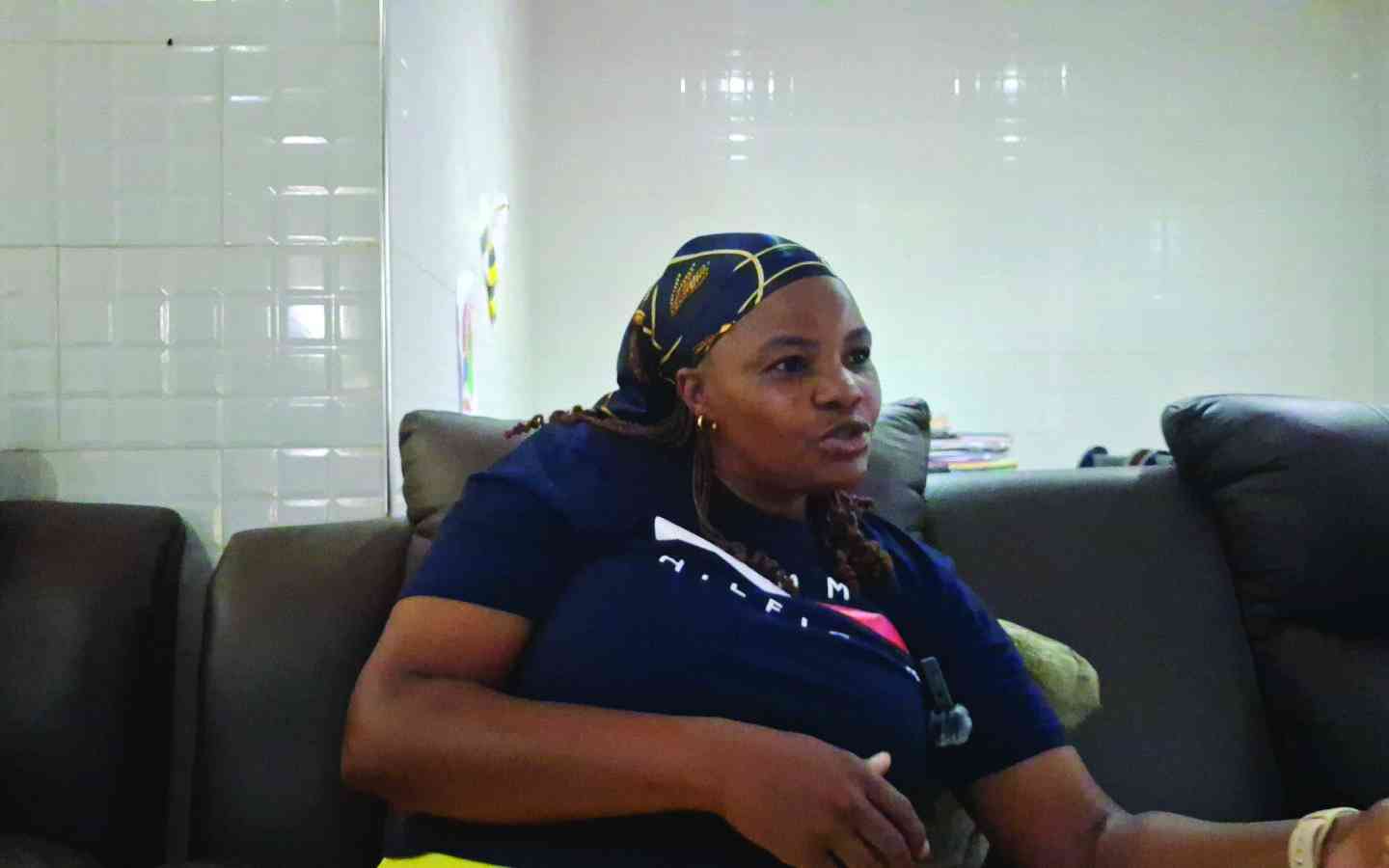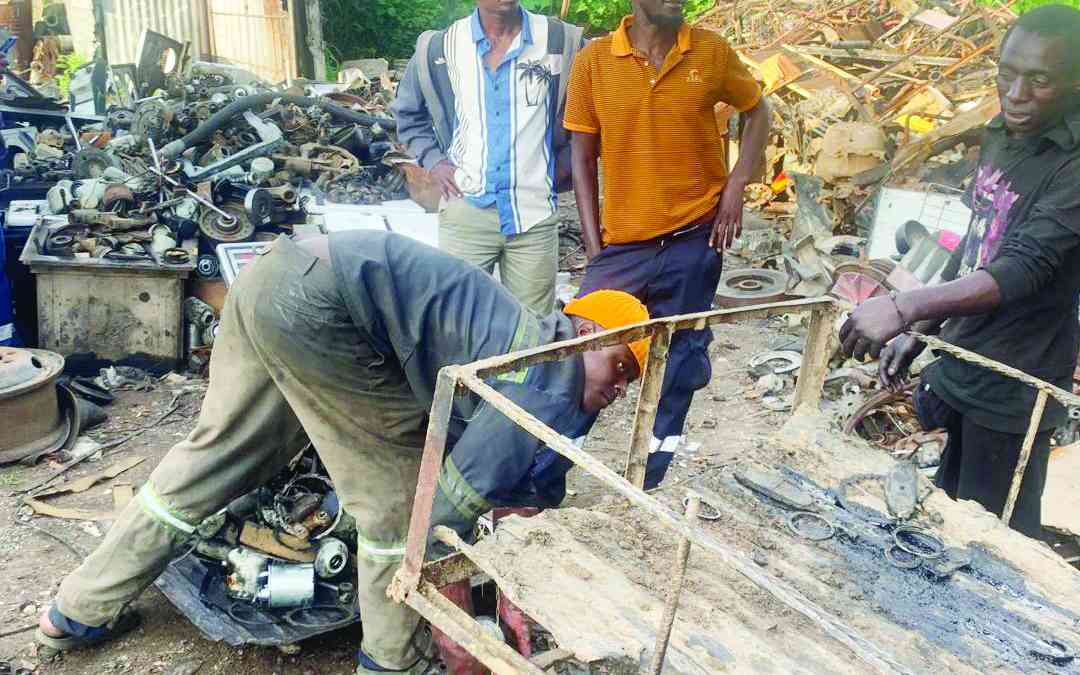
By 7am, a group of pregnant women have already begun gathering at the antenatal care (ANC) section of Chitungwiza General Hospital. Some are registering their pregnancies, a critical step that secures a place to give birth at the facility.
Others are in line for routine check-ups, including blood pressure and weight monitoring. A few stand chatting, while others sit on worn-out wooden benches, patiently waiting to be served.
Among them is Fortunate Chingwara, who is 39 weeks pregnant with her third child. She stands patiently in line, hoping to register her pregnancy.
For Chingwara, the hospital presents one of the few affordable options for a safe delivery. Registration at Chitungwiza General Hospital is free, a crucial factor given her current financial struggles.
Neither Chingwara nor her husband has been working for the past months.
“I’m not sure they’ll take me,” she says, intermittently spitting into a small plastic bowl she’s carried around since early in her pregnancy as she struggles with acid reflux. “I hear they are selective about who they allow to register,” she said
A nurse emerges and loudly announces that only women with specific conditions will be accepted for registration, including those who have previously had cesarean sections, underage pregnancies, or are aged 38 and above.
Chingwara doesn’t meet any of those criteria. Her primary reason for coming here is to avoid the US$35 delivery fee at her local clinic, an amount she cannot afford.
- Byo author eyes SA award
- Sables’ big night…face tricky tie against Ivory Coast
- Sables Trust assures stakeholders
- US$200K armed robber in court
Keep Reading
As she waits, she exchanges stories with other expectant mothers. One of them quietly suggests that if she offers a “token” to the nurses in form of money, her registration might be considered.
After waiting for more than three hours following the queue, a nurse’s announcement devastate Chingwara.
The nurse says registration books are finished after only serving about 20 expecting mothers; the rest of the mothers waiting are instructed to go home.
Chingwara approaches one of the lead nurses to plead with her, the nurse says she can help her if she pays US$15 or US$20, but Chingwara does not have this amount, she walks away without getting her pregnancy registered.
At Zimbabwe’s public hospitals, pregnant women are routinely forced to pay bribes for services that are officially meant to be free, a practice that is robbing them of adequate maternal care and endangering lives.
According to an undercover investigation at Chitungwiza Central Hospital, midwives demand between US$10 and US$25 for basic pregnancy registration from pregnant women.
Across the public health system, a 2021 Transparency International Zimbabwe survey found that 74% of respondents reported being asked for bribes when accessing healthcare services.
Analysts say these bribes create a hidden financial barrier that contradicts the government’s policy of free maternity care and compounds Zimbabwe’s high maternal mortality rate, estimated at 365 deaths per 100,000 live births.
However, Raphael Makota, the chief medical officer at Chitungwiza Hospital, says they had not received any complaints from patients regarding corruption in pregnancy registration at Chitungwiza Central Hospital.
“We take such allegations very seriously. If such concerns have arisen internally, investigations will be promptly launched, and disciplinary procedures are taken for any staff members found to be in violation of our standards,” Makota said.
He added that to prevent such incidents, “we are reinforcing our accountability systems and strengthening our whistleblower mechanisms to ensure transparency and protect patient rights.”
Memory Zhou*, a nurse at the hospital who only wanted to be identified by her first name for fear of retribution, says the practice of asking for money from patients is a common one.
“It all starts with the type and number of women they serve. The issue of selecting specific women is aimed at ensuring that they don’t get too many people because they are not motivated to work due to poor salaries,” Zhou said.
“Announcing that books are finished is a strategy they use to try and coerce women to pay for a service they should get for free because of desperation.”
Makota says the hospital receives an average of 50 pregnancy registration books per week, to help manage and provide quality care to registered expecting mothers.
“However, our system is flexible, and we can scale up when the demand for books increases beyond the regular allocation,” he said.
Corruption at the point of service delivery is a widespread and deeply entrenched barrier to maternal healthcare across Africa, especially for poor women seeking care in public facilities.
According to research by Transparency International, in sub-Saharan Africa, informal payments or bribes are a common financial obstacle.
The study across eight African countries found that over 30% of respondents paid bribes to access healthcare, with the poorest most impacted.
A review of data from 33 African nations revealed that patients who encounter absent staff, drug stockouts, or long waits are significantly more likely to report being asked for bribes at the point of care.
Zhou agreed, the bribe syndrome extends to medication as well.
“Some of the nurses are rotten to the core, as soon as drugs from the government come, they scramble for them, and whenever a patient comes, they are told that there are no drugs, and the nurse then says they know someone who has them and can facilitate for the patient’s to access them,” she said.
Similarly, in other African countries like Sierra Leone, even under programs promising free maternal services, 84% of respondents admitted paying bribes for healthcare, with many women forced to offer unofficial payments during labour or delivery to receive attention.
These corrupt practices effectively erect a hidden “cost barrier” that prevents vulnerable pregnant women from accessing essential maternal health services, undermining both equity and outcomes across the region, said Edna Masiiwa, former director of Women Action Group and women’s rights advocate.
“The situation in maternal health care in Zimbabwe has declined. Women are required to pay at the point of care for scans, tests, X-rays and so forth. I know policy says maternal health is free in Zimbabwe, but free is not free,” Masiiwa said.
The government should resource the health sector; people are being corrupt because the health sector is not well-resourced.
Masiiwa who is a former nurse said back in the 90s, service delivery was better.
“Corruption was non-existent, everything was provided for at the hospital, and there was no room for corruption,” she said.
*Not real name











